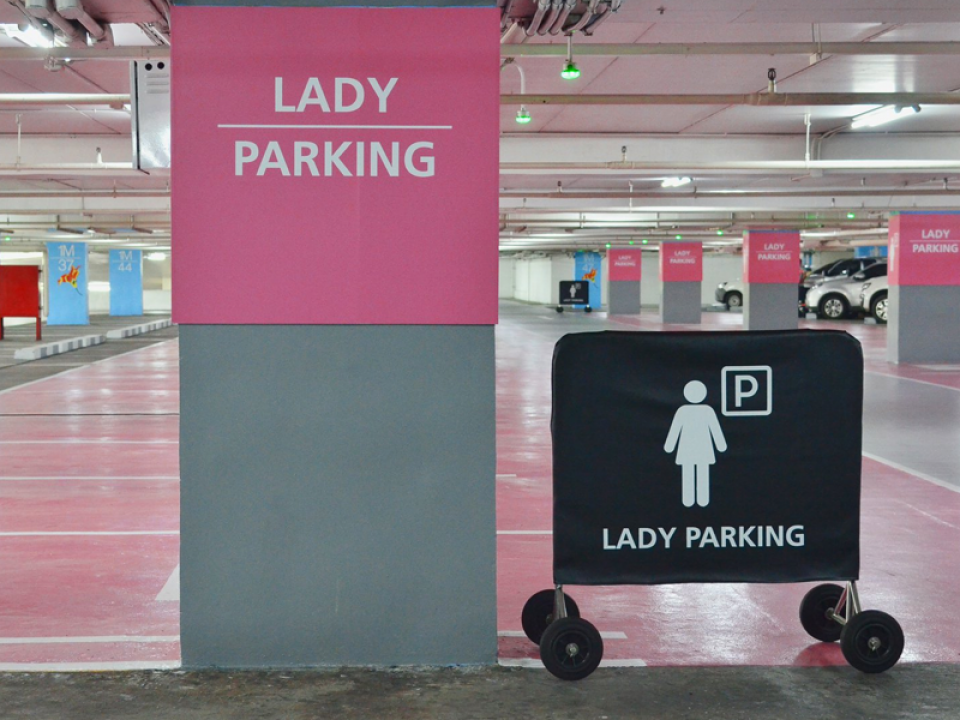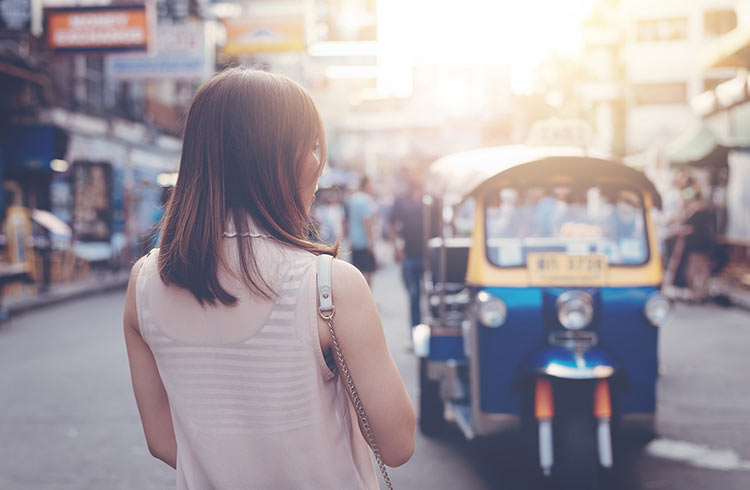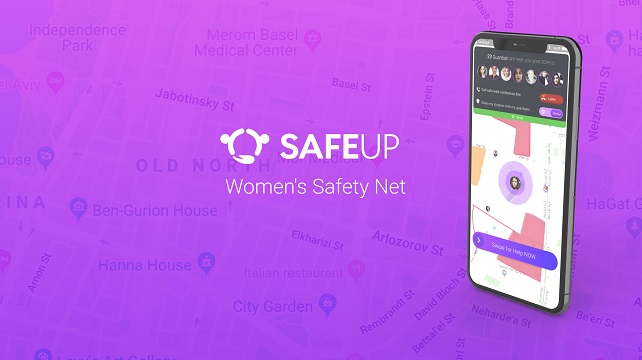Important phone numbers, apps, and resources to save.
By Ashima Sethi
TW: assault, gender-based violence discussed in the introduction of this article. Scroll down for tips!
On the evening of the 3rd of March, 33-year-old marketing executive Sarah Everard disappeared in South London. On the 10th of March, her body was discovered in a woodland area in Kent, after which news broke that Wayne Couzens, a police officer was the prime suspect in her kidnapping and murder. Sarah did everything “right,” everything a woman walking alone was “supposed to do,” she wore bright colours, sneakers, she called her boyfriend on her route home, she walked on well-lit streets. And yet, she was murdered.
Sarah’s death has added fuel to an already growing global women’s safety movement, now recognised on social media as #ReclaimTheStreets. In addition to shining a glaring light on just how many women we lose every day to gender-based violence, it reiterates the fact that none of their deaths had anything to do with them. These women were attacked, simply because their attacker wanted to attack them. And that’s that.
In response to a recent survey, it was reported that 97 percent of all women have experienced some form of harassment in their lives, a statistic that unfortunately surprises no one. As anger about the situation continues to grow, many have taken to social media to voice their frustrations. In a powerful statement on Twitter, @HarrietEJohnson said: “Every woman you know has taken a longer route. Has doubled backed on herself. Has pretended to dawdle by a shop window. Has held her keys in her hand. Has made a fake phone call. Has rounded a corner and run. Every woman you know has walked home scared. Every woman you know.”
In a viral post on Instagram, username @colourfulactivist said: “Women are routinely attacked, abused, and killed by all kinds of men. By family members, colleagues, men we’ve never met or spoken to, men we’ve rejected, men in charge of keeping us safe, men in positions of power – simply for existing and being visible. Trans women and women of colour suffer disproportionately. And yet, there is so little retribution. Our criminal justice system is stacked against victims and makes it nigh on impossible to convict perpetrators. We need men to start listening to and believing women, not trying to prove they’re the exception. We need men to speak to other men and create a culture of loudly and consistently [condemning] ALL and ANY sexism, misogyny, and abuse.”
Of course, creating a safer culture, and asking men to hold themselves accountable for their actions and the actions of the men around them, is something we can’t expect to happen overnight. So while we continue to fight for our right to #ReclaimTheStreets, here’s a list of resources for women, by women, that’ll hopefully help minimise the harm we face within our communities.

1. If you’re in immediate danger, emergency numbers that you can contact include:
191 for the General Police Hotline; 1554 for Ambulance and Rescue; 1155 for English-speaking Tourist Police; 1672 for the Tourist Assistance Centre, 1300 for the One Stop Crisis Centre (OSCC) Hotline.
2. If you have been attacked, here’s what you can do:
Most provinces have government hospitals that boast a One Stop Crisis Centre (OSCC) for medical treatment of survivors of assault/sexual assault. You can report the incident at a police station, describe the perpetrator, any injuries, if you have been drugged, any loss or damage of goods, etc. and they will give you a written police report to keep for further legal purposes. You can also file a report/complaint at your assailant’s embassy if necessary.
The process may be daunting, it is recommended to ask a friend or relative to visit the station with you. If you are an expat, it’s recommended to contact your embassy for support. If you decide to inform police of an attack, make sure to get a forensic medical examination as soon as possible, try not to wash or change your clothes as police will want to obtain forensic evidence.
There are also many Thailand-based organisations and foundations that can support you. An example is the Foundation for Women, an NGO providing hotline services, case referrals, emergency assistance, and legal support for women in Bangkok who are victims of violence and abuse. For a more comprehensive list of groups, read this article.
3. There are several apps you can download:
Ride hailing app Grab has now introduced the GrabCar Lady option, offering the option of booking women drivers for women. You can also choose to Share Your Ride with family or friends, so the contact you select will receive a link to your real-time location so they can track you, car plate number, booking time, and pickup and drop-off.
iPhones are equipped with an SOS feature that will trigger the phone into automatically calling the local emergency number if you’re in distress. You can also add ‘emergency contacts,’ where after an emergency call ends, your phone will alert your contacts with a text message and your current location.
For iPhone 8 and later models, press and hold the side button and one of the volume buttons until the ‘Emergency SOS’ slider appears. Drag it across to call emergency services. If you continue to hold the two buttons down, your phone will also sound an alert. For iPhone 7 and older models, press the side or top button five times to activate the ‘Emergency SOS’ slider, drag to call. SOS can also be set up on your Apple Watch.
On various Android phones such as Samsung and Xiaomi, the feature is available but differs ever so slightly depending on the model. On most, you can programme your phone to send an SOS message if you’ve pressed the side key three times. This message will have your location, pictures automatically taken with your front and rear cameras, and an audio recording of what was happening when you pressed the button.
Find My Friends allows you to locate friends and family using your iPhone, iPad or iPod. Simply install the app, and select which friends you’d like to share your location with. This can be done via email, phone number, or even AirDrop.
SafeUp acts as a women’s safety net and offers two central tools: Safe Walk, a conversation women can join to feel safer while commuting; and Help Me Now, which allows the user to call for help with just one click. It will also send an alert to the closest users, should they need to check on the person calling for help.
bSafe is one of the most advanced and reliable personal safety apps in the world, and can be used in over 125 countries. It offers several different features, including being able to set up a network of ‘Guardians’ who can monitor your walk home via GPS, you can trigger a fake call, and there’s an emergency alarm that’ll notify your preset contacts while also recording audio and video from your phone that you can use as evidence later.
SafetiPin is an app you can use to make safer decisions. If you’re planning on going out, the app can tell you what areas score well on safety ratings, and which you should avoid during a walk/commute. It can alert you if you wander into unsafe territory, and help you plan a safe route home using Google Maps. A great app if you’re in an unfamiliar city or travelling.
4. When travelling in a taxi…
Make a note of the license plate and driver’s identification number or badge. If he/she doesn’t have one, do not get into the cab. Forward this information to your close contacts, and call a friend to tell them you’re on the way. Opt to sit in the back of the vehicle rather than the front seat, and open Google Maps to make sure your driver is taking you the right route home.

5. Take advantage of ‘Lady Parking‘
Many of Thailand’s malls and department stores have ‘Women’s Only’ parking spots or levels. Limit distractions when walking alone to your car. When in doubt, ask security to escort you.
6. Carrying pepper spray is still illegal in many places. Here are some alternatives you can buy online:
Personal alarms: small and portable, can easily be held in your hand while you’re on the move, many of them double as a flashlight too. You can also find ones that clip onto your keys.
Wasp, bear, or other kinds of animal spray: the only shortcoming is that bottles are often more difficult to conceal due to their size. Hairspray in a pressurised can, also works.
Cat keychain and other self defense keychains: boasts decorative metal shaped like a cat’s head, where the ears end in sharp points that can be used to jab at an attacker if they’ve grabbed a hold of you. You can slip your fingers in them and wear them as a ring in the same vein as a knuckle duster.
7. If you feel like you are being followed…
Duck into the nearest store, lobby, or building that you can and inform someone that you are being harassed. Remember, do NOT feel greng jai. Be firm and assertive when asking for help. If you do not feel safe to continue walking, find other means of getting to your destination or ask someone to come and get you.
These tips are just the tip of the iceberg when it comes to fostering women’s safety within our communities, but we hope they’ll prove helpful.
Featured photo courtesy of iStock.








